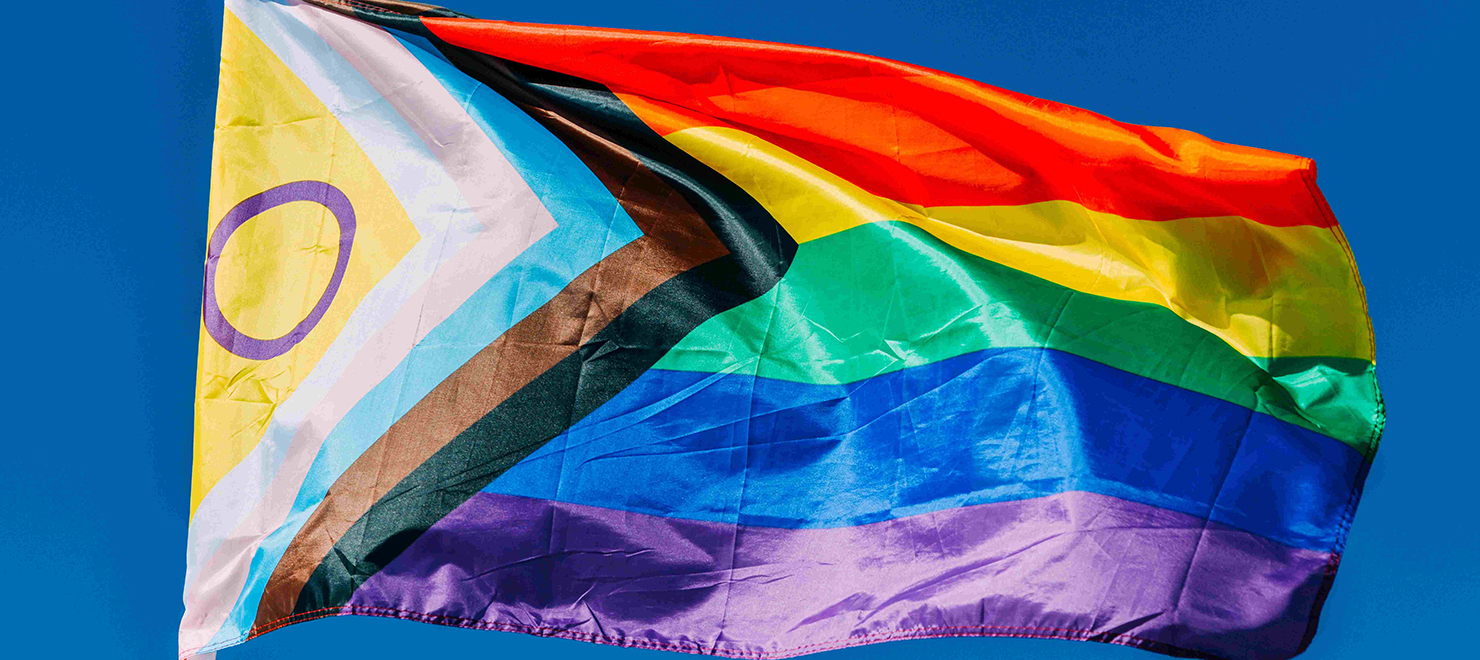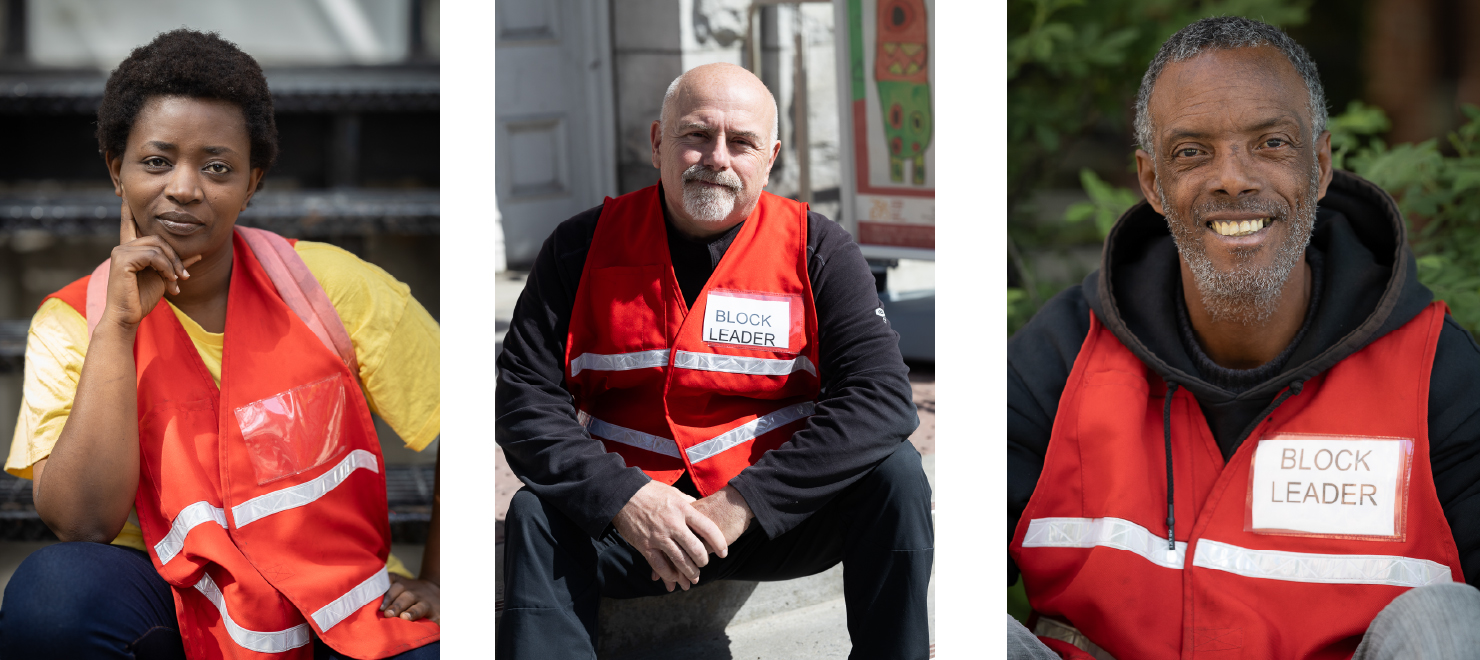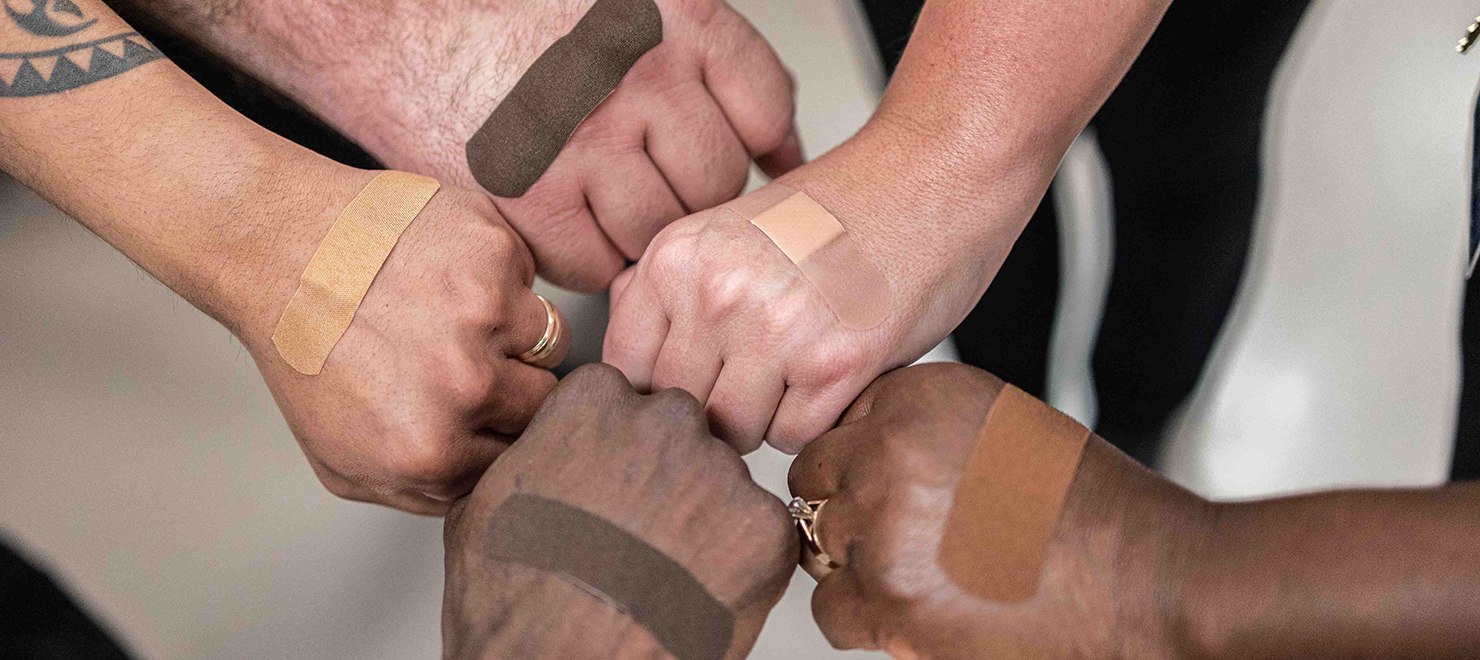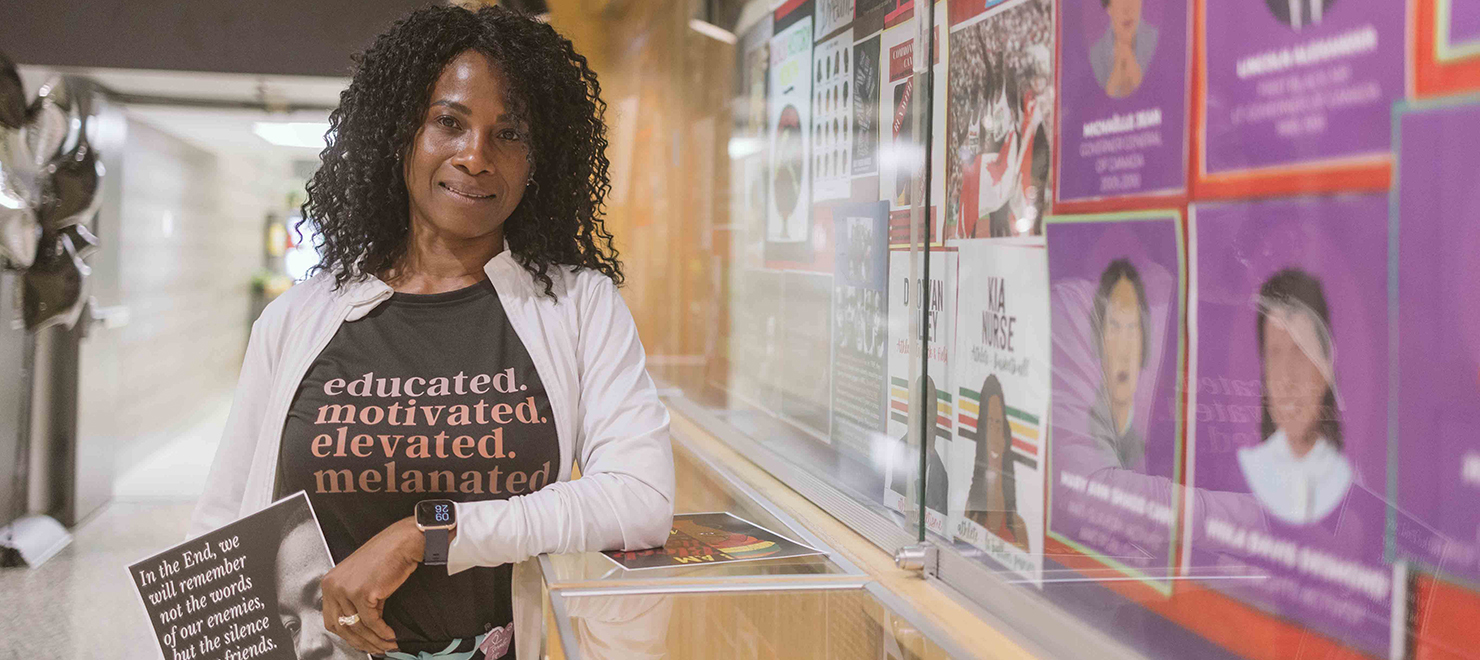
Medical Assistance in Dying has been legal in Canada since 2016. As the largest hospital in Eastern Ontario, The Ottawa Hospital developed a comprehensive program to provide MAiD to patients in the region.
When you have been told that you have a limited time left to live, a great deal can suddenly feel out of your control. The central premise behind Medical Assistance in Dying is the ability to take back control of when and how you die.
By definition, Medical Assistance in Dying (MAiD) is a procedure in which a patient is given medications to intentionally and safely end their life. For people who have terminal illnesses from which they are going to die, MAiD is a way to maintain autonomy, dignity and control at the end of their life.
“Just the idea of somebody knowing when and how they are going to die is such a foreign concept to a lot of people,” said Mike Kekewich, Director of Clinical and Organizational Ethics at The Ottawa Hospital, and part of the team responsible for developing the MAiD program at the hospital. “It was important for our program to be extremely compassionate and patient-focused.”
Medical Assistance in Dying legislation
MAiD legislation (Bill C-14) was passed by the Canadian government in June, 2016 after several years of analysis, debate and discussion. The Ottawa Hospital had been preparing for the legislation and had a program in place when Bill C-14 became law.
“There are several areas of MAiD legislation that could be open to interpretation. This includes the definition of death being reasonably foreseeable. You could make a case that all of our deaths are reasonably foreseeable. That phrase needed to be made clear in this legislation.”
Compassion is one of The Ottawa Hospital’s core values, and it was central to the design of the Medical Assistance in Dying program. Experts from a variety of areas were consulted such as clinicians, social work, ethics, and patient groups, in order to ensure that the program was comprehensive, and took into consideration all possible factors.
“We wanted to be as patient-centred as possible,” said Kekewich. “There were many important aspects of the program, such as the ability to provide MAiD in the patient’s home, or in a long-term care home, not just at the hospital. That was one of the first things we thought about when developing the program.”
That program, first developed for The Ottawa Hospital, became the standard for the region, and is now the Champlain Regional Medical Assistance in Dying (MAiD) Network, in collaboration with multiple organizations throughout the community.
Questions remain
While the law has been in place since 2016, many questions remain about how the law should be applied.
“There are several areas of MAiD legislation that could be open to interpretation,” said Dr. Viren Naik, Medical Director of the Champlain Regional MAiD Network. “This includes the definition of death being reasonably foreseeable. You could make a case that all of our deaths are reasonably foreseeable. That phrase needed to be made clear in this legislation.”
The concept of “natural death being reasonably foreseeable” for a patient to be eligible for MAiD is something that the Quebec Supreme Court struck down in late 2019. This has sparked further review of the legislation by the federal government.
Now, the Canadian government has launched public consultations on the rules for Medical Assistance in Dying. As the public continues to think about MAiD and its implications, and as the legislation evolves, we take a look at what the process looks like now.
Listen to the latest episode of On Call: The Ottawa Hospital Podcast to hear interviews from some of the key players who developed the Medical Assistance in Dying program at The Ottawa Hospital, now known as the Champlain Regional MAiD Network.
What does MAiD involve?
This is a shortened version of the entire process. Visit our MAiD webpage to learn more about the MAiD process.
In order to receive Medical Assistance in Dying, patients must submit a written request, which must be signed by two people at the same time. One of the aspects of current MAiD legislation that is likely to go under review is the requirement that witnesses can’t be health-care professionals, or family or friends who may benefit (in a will for example) from the patient’s death.
The patient will then be assessed for MAiD eligibility criteria by a doctor or nurse practitioner. The list of criteria is extensive and involves assessments like whether the patient is capable of making informed decisions, whether their death is reasonably foreseeable, and whether their illness is serious and incurable, among many others.
After a minimum ten-day reflection period, the procedure can be performed.
The Ottawa Hospital MAiD team
Because Medical Assistance in Dying is a complex form of care, many different health professionals work together, including:
- Nurses
- Physicians
- Nurse Practitioners
- Social Workers
- Speech Language Pathologists
- Other Allied Health staff
The Ottawa Hospital took great care in assembling the MAiD team to ensure that staff had the right to choose whether or not they would participate. “We took the position that staff were not going to be required to participate, but we wanted to give them an opportunity to be involved if they wanted,” said Kekewich. “That led to the development of the dedicated MAiD team.”
“It’s both the most difficult thing I’ve done as a physician, and also the most rewarding.”
The role of social work
MAiD involves more than the physical act of administering the medication. There are complex patient and family needs to consider, given the unique situation that many people seeking MAiD find themselves in. This is why social workers play an important role before, during and after the delivery of MAiD.
Social workers are there to ensure that the patients and their loved ones have all the support they need throughout the process and afterwards. This could be anything from arranging for the patient’s favourite music to play during the procedure, to mental health and bereavement resources for family members after the patient has died. “Families often deal with what is called anticipatory grief,” said Lauren Clark, Social Worker in the Champlain Regional MAiD Network. “This happens when the patient may seem well enough as they move through the process, and the family struggles to envision this date they have circled on the calendar where their loved one is going to die. We help them through that by making sure they have a good support network, as well as any additional resources they may need afterwards. We also ensure that the patient has everything they need on the day of.”
Legislation under review
As the Canadian government launches public consultations on the rules for MAiD, they are looking to focus on three key areas of the current law:
- Cases where mental illness is the reason for requesting MAiD.
- Cases where patients want to make an advanced request for MAiD before they lose their ability to consent.
- Cases involving patients under the age of 18.
According to Dr. Naik, these are important areas that needed further consideration in the first iteration of legislation.
“Care providers have been looking at these since the law was passed,” he said. “These are very important areas – advanced directives, mature minors and mental illness – that need to be looked at further as the legislation evolves.”
It has been almost four years since MAiD became legal in Canada, so care providers, governments and the public have learned a lot about how providing this care works in practice. As society evolves in education and requirements around a particular form of care, so does the law dictating how it is performed. And MAiD is something that the public is becoming more familiar with.
According to Dr. Naik, MAiD accounts for one to two percent of all deaths in Canada.
The MAiD experience
Social worker Lauren Clark says the experience can be touching to witness.
“It’s surreally beautiful,” said Clark. “It’s peaceful. There is a lot of love in the room, and you feel that love. It can be quiet, or it can be loud. Sometimes it is one person in the room, sometimes it is 30. It is whatever the patient wants it to be. We make sure it’s comfortable for them, however we can. It’s an opportunity for patients and families to say goodbye, so we make it fit their needs.”
For Dr. Naik, it’s an opportunity to help his patients fulfill a wish, and that makes the experience one of the most rewarding in his career.
“It’s both the most difficult thing I’ve done as a physician, and also the most rewarding,” he said. “It’s difficult because you become invested in the patient, so it can be challenging to perform the procedure. But you recognize that for some patients, this is a highly-desirable wish of theirs – the ability to maintain control, autonomy and dignity at the end of their life. You’re helping them fulfill that wish, while also easing their pain and suffering.”
Often patients can feel a loss of control when diagnosed with a life-threatening, terminal or life-changing disease or illness. Medical Assistance in Dying puts the power back in the hands of the patient.
“MAiD respects the patient’s individuality and autonomy. For our health-care system, this is the way of the future.”
“There are very few opportunities in someone’s life to have control, especially at times when everything else feels uncontrollable,” said Clark. “In the past, the patient voice has often not been heard in health care. If we can provide MAiD to someone, and it can be on their terms, this is an opportunity for the patient’s voice to be heard.”
Peace of mind
For many patients and their families, getting approval for MAiD is not just about the act of undergoing the procedure. It’s about peace of mind in knowing they have control over how they die, should they choose to exercise it.
“Many patients will receive approval for MAiD, and then not end up using it,” said Dr. Naik. “But knowing they have the ability to go through with the procedure, if they wanted to, can give them and their families peace of mind, knowing they are in control of one more aspect of their lives, when everything else seems out of control.”
A terminal illness can cause great stress and uncertainty for both patients and their loved ones. Part of what so many people find helpful in MAiD being legal in Canada is that patients can take comfort in knowing they have this option available to them, regardless of whether or not they choose to take that path.
Staff wellness
What about the staff who provide this form of care? For health-care providers, who may have chosen their career paths because they wanted to save lives, shifting focus to helping someone die could be a very dramatic change in mindset.
So, the hospital has made sure that staff and physicians who provide MAiD have access to mental health support. Mental resiliency was a key component of the program.
“In the beginning, we would host both pre- and post-procedure meetings with staff so that they could discuss their thoughts or feelings around what just happened,” said Kekewich. “This normalized the process of open communication around how staff felt. Now, many of these conversations just happen naturally. We also make sure that mental health support is available to those who need it.”
What’s next?
“The option for MAiD is new, but the desire to die is not new,” said Dr. Naik.
It’s not clear how these public consultations will affect legislation for Medical Assistance in Dying. However, health-care providers feel encouraged that issues they have raised are now being reviewed.
“MAiD respects the patient’s individuality and autonomy,” said Clark. “For our health-care system, this is the way of the future.”

Support patient care and research at
The Ottawa Hospital
You might also like…
February is Black History Month
Five members of The Ottawa Hospital’s Black community reflect on what this month means to them, their heritage and the importance of building a truly equitable health care system.
The place to be: The Ottawa Hospital recognized as one of Canada’s most admired corporate cultures
The Ottawa Hospital (TOH) has been named one of Canada’s most admired corporate cultures. Guided by compassion and commitment to patient care, TOH has developed a workplace culture that inspires confidence and trust in our employees, patients and family members.
2SLGBTQIA+ care at The Ottawa Hospital: A helpful guide
The Ottawa Hospital offers an array of services and resources to help meet the specific care needs of the 2SLGBTQIA+ community — including a provincial-first gender-affirming surgery clinic, a 24/7 care program for survivors of sexual assault and intimate partner violence, and a specialty clinic for medically complex patients seeking help on their transition journeys.
“It’s about giving them hope and purpose”: Ottawa Inner City Health’s Block Leaders program marks one year serving the community
Seven days a week, Block Leaders head out into the ByWard Market to help fellow members of their community who are unhoused or use drugs. They provide support to people in distress, respond to overdoses and even clean their neighbourhood — all with the goal of creating a safer and healthier community for everyone.
We’ve got you covered: The Ottawa Hospital now offers bandages for a variety of skin tones
Whenever you’ve scraped your knee or had your blood drawn, odds are your bandage was the same colour every time. Peach has been the default hue for over a century — but no longer at The Ottawa Hospital.
The power of community @ TOH
Last year, Registered Nurse Macrina Valcin created an intricate display on her unit for Black History Month, transforming the unit’s bulletin board into a powerful celebration of Black people, culture and history. This year, thanks to the warm support and encouragement from a newly formed inclusive community, Macrina is showcasing her passion project to a much larger audience.


 To reset, hold the Ctrl key, then press 0.
To reset, hold the Ctrl key, then press 0.





